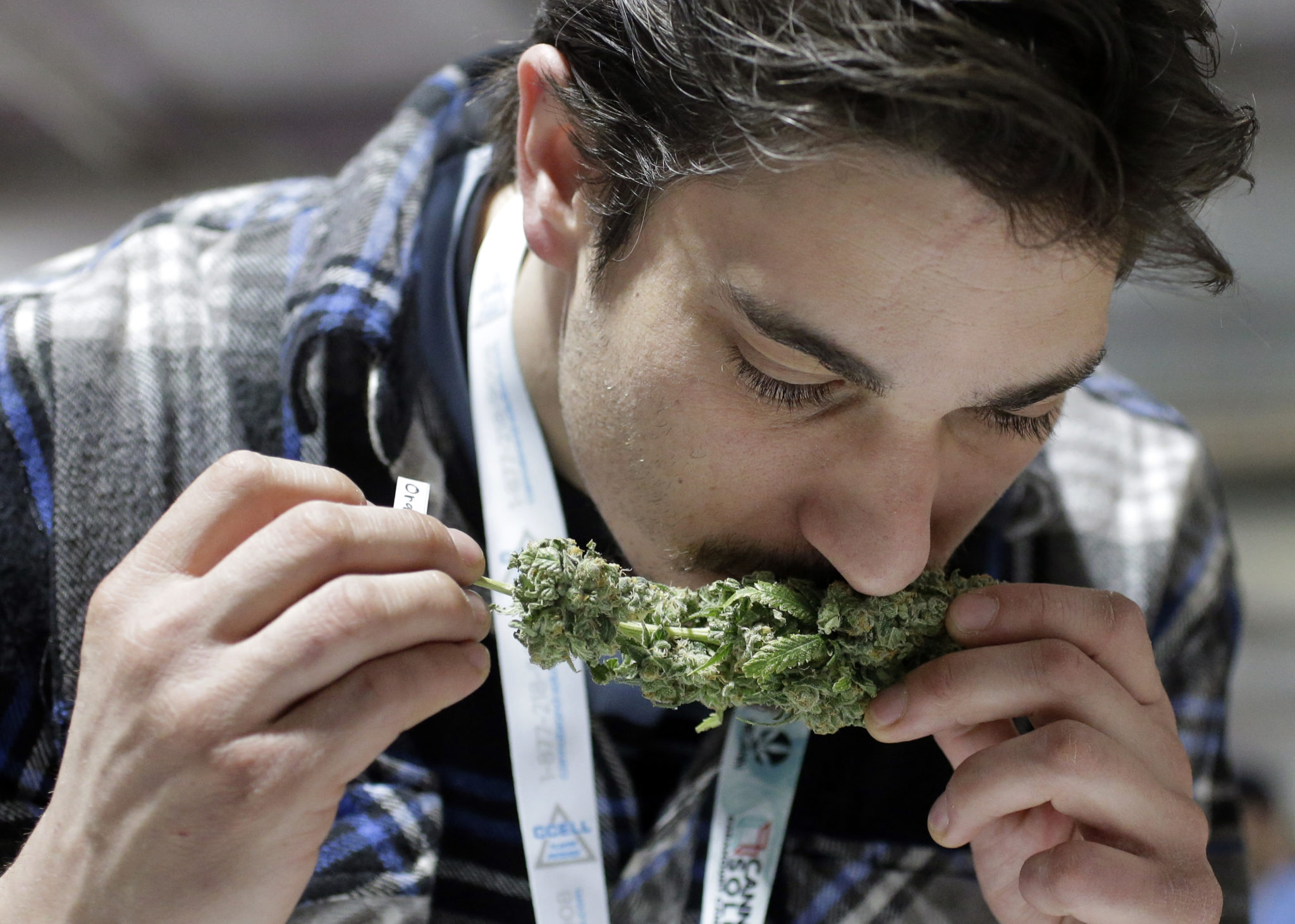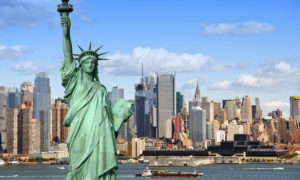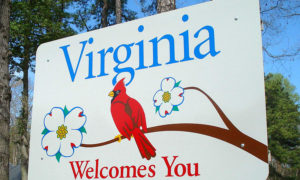Mass. Marijuana Regulators Propose 3 Types Of ‘Social Consumption Spaces’

Supplemental License, Hospitality License, and Event Organizer License
It may be Monday, but at least the afternoons are getting less dark. (Really!)
Now, to the news:
Massachusetts is inching closer to opening its first cannabis cafes, nearly a decade after voters authorized them as part of the 2016 legalization of marijuana. The state’s Cannabis Control Commission held a meeting last week to finally nail down the regulations for what they’re calling “social consumption spaces.” Based on the new rules, residents can expect three different kinds:
- The “supplemental license.” That’s mainly for existing marijuana dispensaries that want to add an on-site consumption space, like a “tasting room.” “Folks tell us this is probably the easiest to construct,” Bruce Stebbins, the CCC’s acting chair, said. “I might have an existing space right next door to me. There are things I might want to do on my retail space floor after hours.” Stebbins added these will likely be the first to open.
- The “hospitality license.” Think everything from standalone marijuana lounges to cafes to yoga studios to theaters to hotels with separate social consumption spaces. They could be BYOC, or sell cannabis products for use on-site. “This is where we see a lot of opportunity for some innovation,” Stebbins said. The license would also allow existing businesses to partner with entrepreneurs. “We’ve often used the example of a gas station and a Dunkin Donuts within the gas station,” said Mike Baker, the CCC’s acting deputy general counsel.
- The “event organizer license.” It’s basically a temporary permit allowing cannabis to be sold and used in a space for up to five days. Imagine it for events like concerts and festivals. CCC officials hopes it will offer lower startup costs for people trying to get into the industry. “We know we already have events going on here in Massachusetts,” Stebbins said. “Many of them are bring-your-own. In these settings, there’s always risks of people consuming untested or unsafe products.”
- The big picture: For any social consumption space to open, cities and towns have to give approval first. Many municipalities may choose to maintain the status quo, banning such spaces. “They need to decide whether they’re going to opt in, either by referendum or by bylaw change,” Stebbins said.
- What’s next: The CCC plans to unveil the proposed regulation language at its meeting on Tuesday, Dec. 17, and hopes to get the wording finalized by mid-2025. But there’s still a long road after that. They need to develop an application, create training and public education resources, review applications, conduct inspections and wait to see if municipalities even allow these spaces. After an eight-plus year wait, that will be the “most time- and resource-consuming part of the process,” said Matt Giancola, the CCC’s head of government affairs and policy communications.
To Read The Rest Of This Article On WBUR, Click Here




































